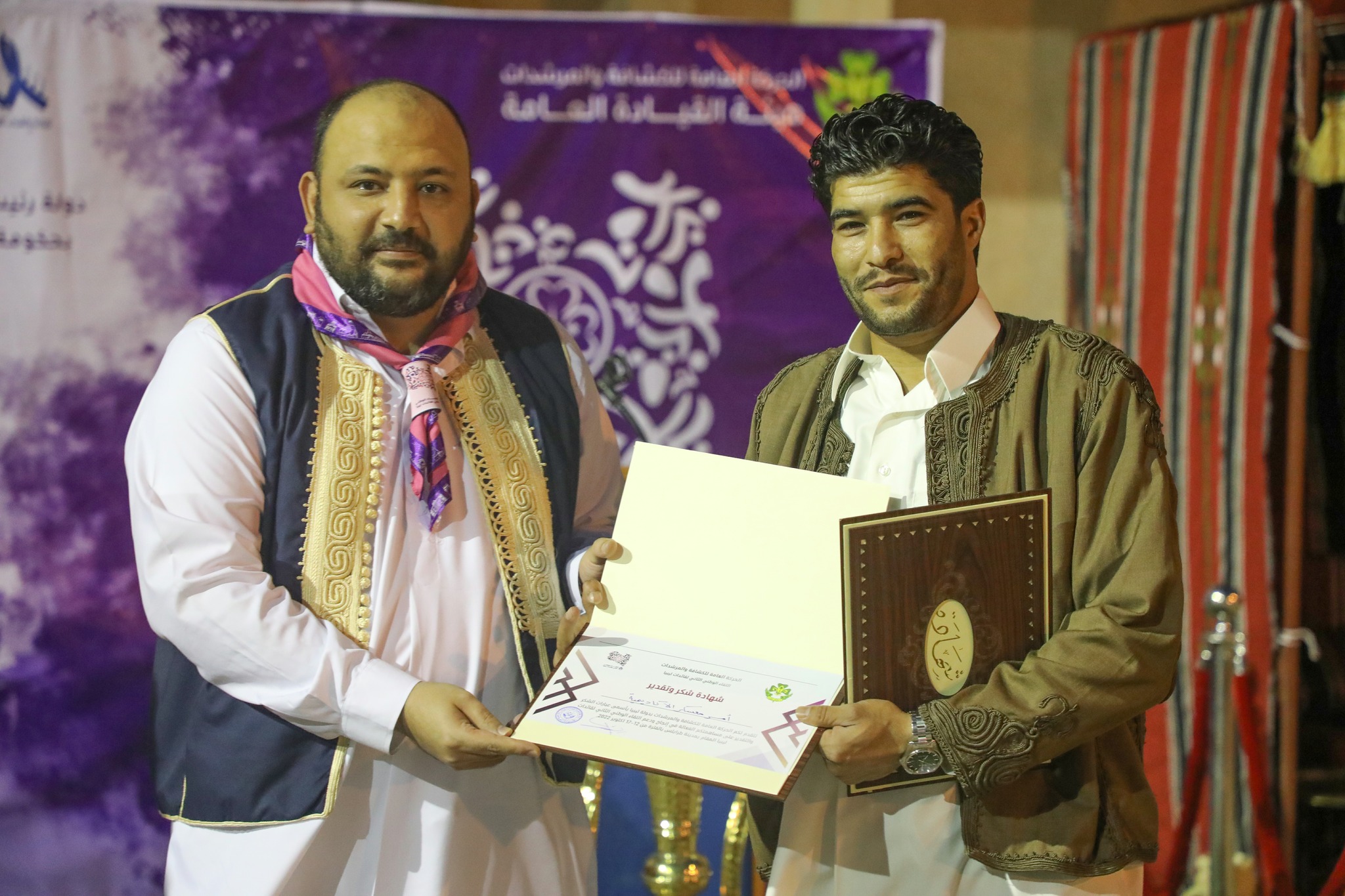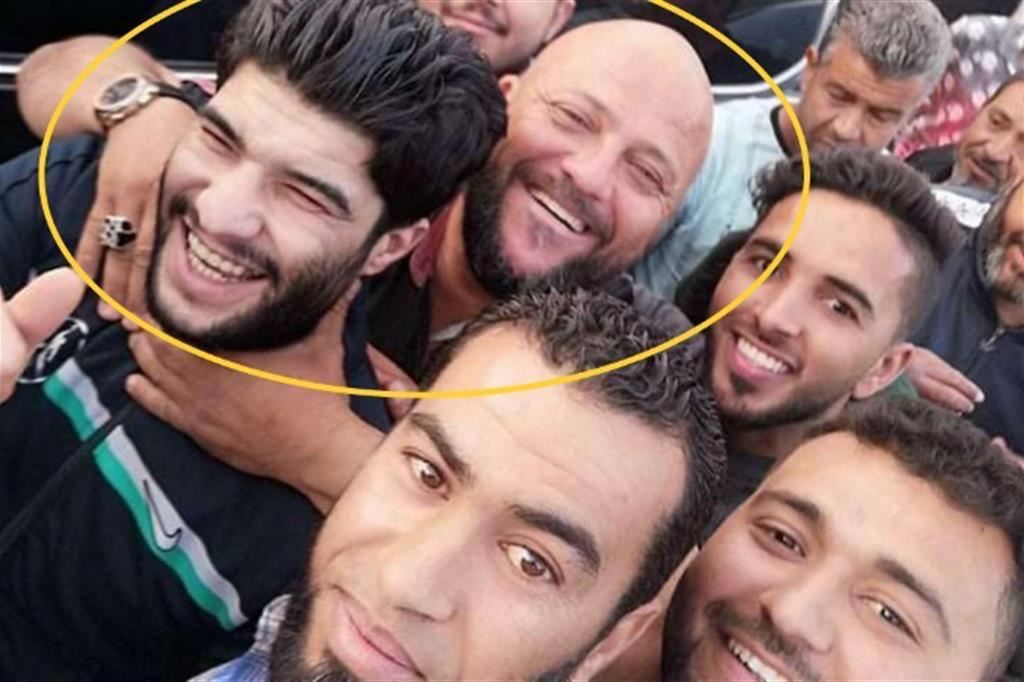Italian authorities are currently investigating two Libyan militants: Abdel Rahman Milad, known as Bija and and Osama al-Khuni Ibrahim, both of whom are accused of human trafficking, torture and other crimes against migrants.
Italian newspaper Avvenire reports today that the investigation is conducted by the prosecutor’s office of the city of Agrigento, which has collected “hundreds of testimonies and testimonies” that link the two militant not only to crimes of human trafficking of people but also the smuggling of fuel, weapons and drugs.
The news of the investigation notably comes following a ruling by Italy’s Court of Cassation, the country’s highest judicial authority, to penalize sending refugees and migrants rescued in the Central Mediterranean to the Libyan coast guard because the north African country is not a safe port.
According to Avvenire, the investigation, linked Milad and al-Khuni to three torturers which had been arrested in Sicily and sentenced to 20 years in prison each. The Italian prosecution affirmed that the three defendants worked in the service of Milad and Osama al-Kuni and carried out extreme torture, to the point of causing the death of the refugees.
Among the dozens of depositions collected by the Agrigento police, one dates back to 2019. Officers in Lampedusa had separately interrogated some migrants who arrived to Italy through the Libyan city of Zawiyah, where Milad and his associates operate.
The migrants, which were rescued in July 2019 by an Italian sailboat reported a detail that “the one to decide who will embark on the boats is a Libyan man named Bija,” Avvenire reports.
“H was a violent and he was armed. We were all afraid of him,” the migrants testified as quoted by the Italian newspaper.
When asked if they had heard his real name at some time, a migrant replied confidently, ‘They called him Abdou Rahman’, Avvenire reports
In 2018, the UN Security Council imposed sanctions against Milad (born July 27th, 1986) over people smuggling in Libya. According to the UN, Milad headed the regional coast guard for the north-western coastal town of Zawiya, which “is consistently linked with violence against migrants and other human smugglers”.
The UN’s panel of experts said in 2017 that Milad, along with other members of the coast guard, was “directly involved in the sinking of migrant boats using firearms”. He is alleged to have opened a migrant detention centre in Zawiya, where abuse against migrants took place, and was also an “important collaborator” in fuel smuggling, according to the panel.
In 2019, an investigation by the Italian newspaper Avvenire documented the presence of Milad in Italy at a series of official meetings in Sicily and Rome in May 2017, prompting criticism of the then interior minister, Marco Minniti. According to Avvenire, Milad was introduced at the meetings as “a commander of the Libyan coastguard”. Minniti has denied any wrongdoing, saying Italy was unaware of the allegations of criminal activity against Milad at the time.
Milad would later fight with the previous Libyan Government of National Accord, led by former Prime Minister Fayez Al-Sarraj, against the Libyan National Army (LNA), led by General Commander Khalifa Haftar, during the latter’s military campaign to seize western Libya in 2019.
Despite that, he would later get arrested by the same government in October 2020; a move that was welcomed by foreign countries at the time. However, he was released six month after his arrest in April 2021.

Under the current Libyan government, led by Prime Minister Abdul Hamid Dbeibeh, Milad received a “letter of recognition and appreciation” directly from Fathallah Al-Zinni, who currently serves as minister of youth in Dbeibeh’s cabinet, in October 2022. Two months later, a leaked document showed that the Justice Ministry of Dbeibeh’s government, has requested that the Foreign Ministry remove Milad from international sanctions list.
A recent report by UN Panel of Experts, dated 15 September 2023, revealed that Milad has used forged UN paperwork in an effort to lift him off the international sanctions list. These efforts have been directed at Government of National Unity, with the aim of garnering support from the government for his delisting request.
The Panel of Experts made request to Dbeibeh’s government, on 25 January 2023, to provide updated information on the effective implementation of the assets freeze and travel ban against Milad. As of report’s date, the Panel of Experts said “the Libyan authorities have not yet responded.”
Milad’s key accomplice, Osama al-Khuni (born April 2nd, 1976), was sanctioned by the UN Security Council in 2021. Humanitarian organizations and victims of trafficking have consistently identified him as de facto manager of the Al-Nasr detention center in Zawiyah. The UN said that he “directly, and/or through subordinates engaged in or provided support to acts that violate applicable international human rights law, or acts that constitute human rights abuses in Libya”. According to the UN, he often acted on on behalf of or at the direction of Milad.
The report by UN Panel of Experts found that Milad and Al-Khuni are working with commander of the Petroleum Facilities Guard in Zawiyah, Mohamed Al Amin Al-Arabi Kashlaf (born December 2nd, 1985), who is also sanctioned by the UN Security Council since 2018, and have have further expanded that smuggling network by including armed entities operating in the Warshafanah, Sabratah and Zuwarah areas.
According to the UN report, Kashlaf does not answer to the Petroleum Facilities Guard hierarchy in Tripoli and directly oversees the fuel supply from the Zawiyah refinery. “His authority over the Zawiyah refinery makes him a key figure in the lucrative fuel smuggling network in western Libya,” the UN report stated.
“The expanded Zawiyah network now encompasses elements of 55 Brigade, the Stability Support Apparatus command in Zawiyah, and in particular its maritime units, and individual members of the Libyan Coast Guard,
all operating with a view to executing the Network’s common plan of gaining substantive financial and other assets from human trafficking and migrant smuggling activities,” reads the UN report.
“The Network has established an irregular detention system that comprises the Al-Nasr, Al-Maya and Al-Zahra detention centres for migrants, as wells multiple temporary detention places in the areas of Zawiyah and Harsha, where elements of the Network committed serious violations of international humanitarian law and international human rights law,” it added.
Italian newspaper Avvenire reported that Zawiyah network is involved in the “smuggling of oil through Malta has been taking place for years in connection with the mafias of South Italy and the Balkan ones.”
